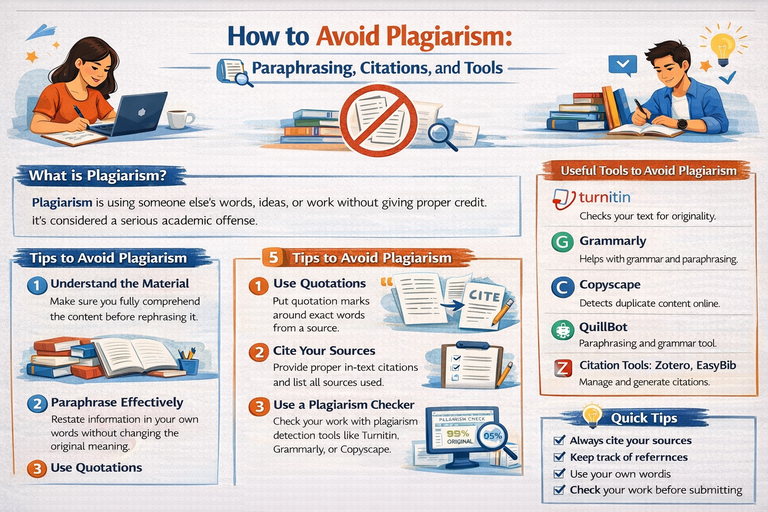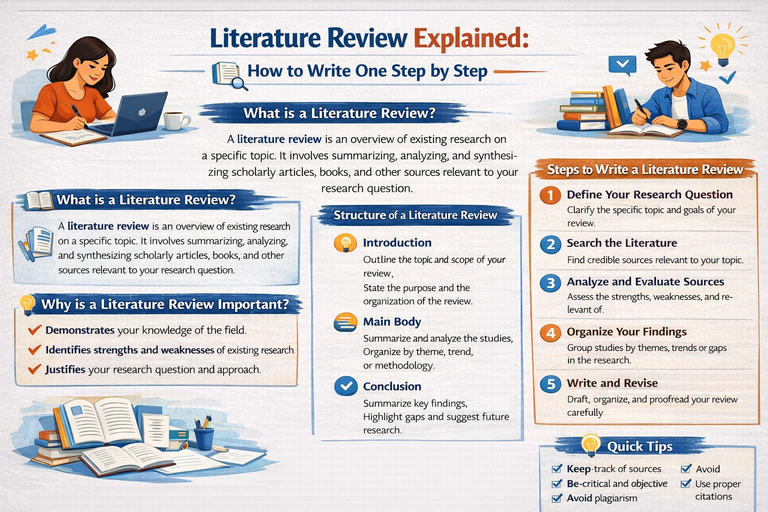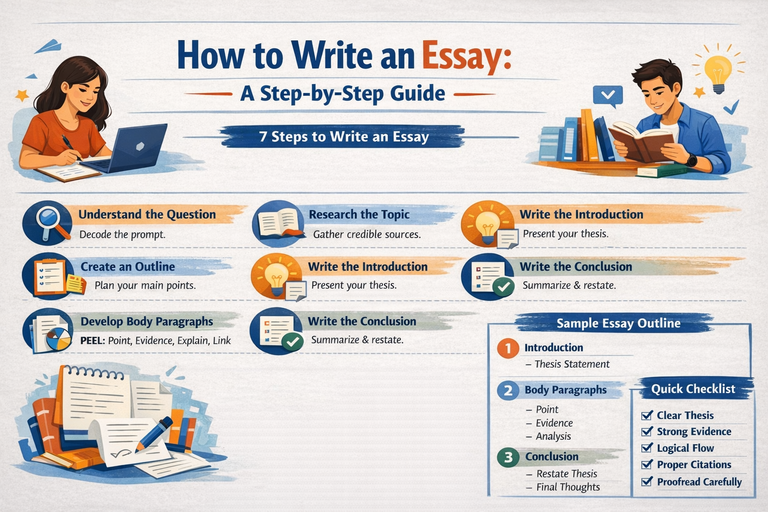Character Development Through Scholarship Opportunities in Novels
In the landscape of modern fiction, especially in coming-of-age and socially reflective narratives, scholarships are far more than a plot device or a means of financial support. They act as catalysts for transformation, pushing characters to evolve intellectually, emotionally, and morally.
Through the pursuit and acquisition of scholarships, characters confront identity crises, grapple with societal expectations, and navigate complex social structures. This blog post explores how scholarship opportunities shape character development in novels, driving personal growth and illuminating deeper themes of ambition, belonging, and reinvention.
Scholarships as Turning Points in the Narrative Arc
A well-crafted novel typically sees the protagonist undergo significant change from beginning to end. The moment a character earns a scholarship often marks a turning point in the story. It pushes them into unfamiliar territory—geographically, socially, or psychologically—where they are forced to adapt, reflect, and evolve.
In The Secret History by Donna Tartt, Richard Papen receives a scholarship to attend an elite New England college. This opportunity becomes the pivot around which his entire life turns. The scholarship allows him to enter a world far removed from his modest California upbringing—a world of intellectualism, aesthetics, and ultimately, moral corruption. His transformation is gradual, as he wrestles with imposter syndrome and moral ambiguity, shaped by the privileges and secrets of his new social environment.
The scholarship doesn’t just change Richard’s external circumstances; it ignites a deeper change in his values, perception, and ultimately, his understanding of self.
From Insecurity to Self-Awareness
A common arc in novels featuring scholarship recipients is the journey from insecurity to self-awareness. Characters often begin as outsiders, burdened with self-doubt, and slowly come into their own as they discover their capabilities and identity in a new setting.
In Prep by Curtis Sittenfeld, Lee Fiora, a scholarship student at an elite boarding school, enters a space dominated by wealth and social hierarchy. Initially shy and observant, Lee spends much of the novel trying to fit in, often at the cost of her authenticity. Her emotional journey is marked by confusion, longing, and subtle resistance.
By the end of the novel, Lee doesn't become the most popular or successful student, but she does achieve a measure of clarity about herself and her place in the world. The scholarship here doesn’t promise victory—it offers a proving ground for internal growth.
Conflict Between Origin and Aspiration
Scholarships often force characters to walk a tightrope between origin and aspiration—between where they come from and where they hope to go. This duality sparks conflict and reflection, both of which drive deeper character development.
In The Hate U Give by Angie Thomas, Starr Carter’s scholarship to a predominantly white, upper-class prep school puts her in a daily battle of dual identity. At home, she is grounded in her working-class, Black community. At school, she is expected to perform a version of herself that is digestible to her privileged peers.
Her growth occurs in how she learns to reconcile these two worlds—not by choosing one over the other, but by standing confidently in both. The scholarship is central to this journey. It gives her access but also forces her to question her identity, values, and voice.
Education as Empowerment
Some novels portray scholarships as the gateway to empowerment, particularly for characters from marginalized or oppressed communities. Through education, they develop not only knowledge and skills but also the confidence to challenge injustice and shape their own destinies.
In Educated by Tara Westover (a memoir with the arc of a coming-of-age novel), Westover’s scholarships allow her to move from an isolated, survivalist upbringing in rural Idaho to institutions like Harvard and Cambridge. The academic journey transforms her, not just intellectually but emotionally.
She develops a new language for understanding abuse, freedom, and belonging. Her scholarship doesn't just grant her academic achievement—it redefines her life trajectory. The story shows how intellectual empowerment can foster emotional healing and self-determination.
Reinvention and Resilience
Characters who receive scholarships often undergo reinvention—not because they abandon who they were, but because they are forced to reassess and rebuild who they are under new conditions. These stories reflect how growth often involves loss, pain, and resilience.
In Jane Eyre by Charlotte Brontë, Jane receives an education at Lowood School, where she eventually earns a teaching position—a form of scholarship in the context of her time. The education allows her to grow from an abused orphan into an independent, principled young woman. Each stage of her development is linked to new opportunities for learning and reinvention.
Her scholarship-inspired journey is marked by emotional integrity, self-respect, and the courage to defy societal norms. Jane’s development shows that growth through education is not only intellectual but deeply moral and personal.
Navigating the Elitist Spaces
Scholarship students in fiction frequently find themselves in elite institutions, facing gatekeepers of culture and class. This often creates internal and external tension. Characters must learn how to navigate unspoken rules, decode social hierarchies, and assert their place in worlds not designed for them.
In White Teeth by Zadie Smith, educational institutions serve as battlegrounds for characters of immigrant backgrounds trying to secure a place in British society. While not all characters are scholarship students, those who access education through merit often undergo sharp social and psychological transitions. These characters must redefine what success means to them—whether it is assimilation, rebellion, or self-affirmation.
Fictional characters in these spaces often come to realize that inclusion does not always equate to equality. Their development lies in learning how to survive and thrive within systems that were never meant for them.
Scholarships and Gender Dynamics
In many novels, female characters’ access to education through scholarships is portrayed as an act of rebellion against restrictive gender roles. This adds another layer to their character development—challenging not just class barriers but patriarchal norms.
In A Room with a View by E.M. Forster, the character of Lucy Honeychurch isn’t a scholarship student, but the broader conversation about class and female autonomy echoes the struggles of female scholarship recipients in other works. In more contemporary literature, girls who win scholarships to study often have to fight against both economic and gendered expectations.
The personal growth here is about learning to claim space—not just academically, but socially and romantically. Education becomes the lens through which they realize their right to autonomy and choice.
Failure, Setbacks, and Redefinition
Not all scholarship journeys in fiction end with unqualified success. In fact, some of the most compelling character development arises from failure or disillusionment. These moments challenge characters to reassess their goals, identity, and self-worth.
In Normal People by Sally Rooney, Connell earns a scholarship to attend Trinity College in Dublin. Despite his academic potential, he struggles with mental health, loneliness, and class-based insecurities. His journey reflects the emotional complexity of social mobility and the non-linear nature of growth.
Connell’s character arc is powerful because of its realism. His scholarship doesn't magically solve his problems—it intensifies them. But through the struggle, he develops emotional depth, empathy, and a better understanding of himself.
Conclusion: More Than Just a Golden Ticket
In fiction, scholarships are not just golden tickets to a better life—they are mirrors that reflect a character’s innermost fears, hopes, and struggles. They are pressure points that accelerate growth, force tough decisions, and reveal the human cost of ambition.
Through scholarship opportunities, characters in novels confront powerful questions:
-
Who am I when I leave behind everything I’ve known?
-
What must I sacrifice to succeed?
-
Can I ever truly belong in this new world?
As these characters grow—emotionally, intellectually, and spiritually—readers are invited to consider the true meaning of opportunity, merit, and transformation. The scholarship becomes not the destination, but the path through which the character becomes someone entirely new.







